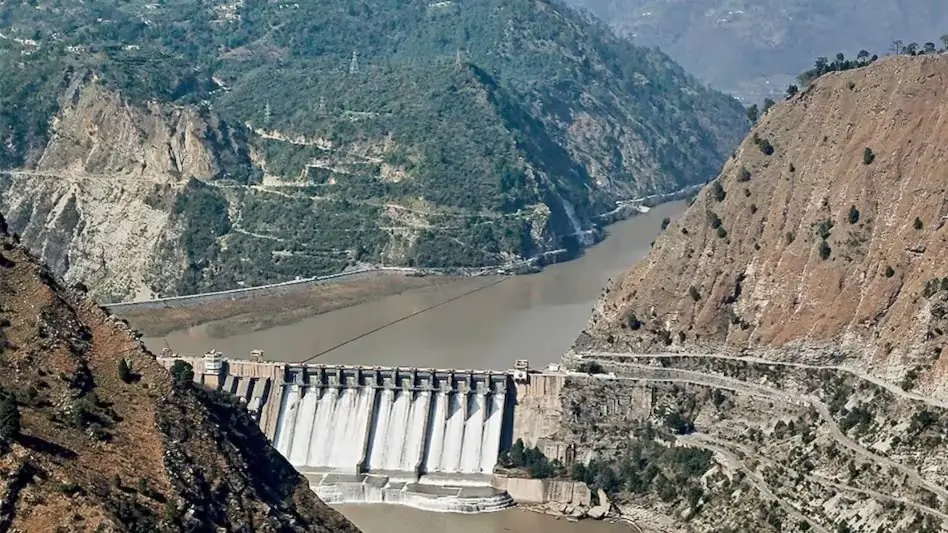In the aftermath of a deadly terrorist attack in Jammu and Kashmir’s Pahalgam region, India has officially suspended the Indus Waters Treaty, a 1960 water-sharing accord with Pakistan. The move, backed by the Cabinet Committee on Security (CCS), is being seen as a significant geopolitical shift in South Asia’s hydro-politics.
India cited Pakistan’s continued support for terrorism as the core reason behind its decision. The April 22 attack, which claimed the lives of 26 civilians—mostly tourists—prompted swift retaliation through Operation Sindoor, followed by the treaty’s suspension.
Pakistan’s Plea to Resume the Treaty

Pakistan’s Ministry of Water Resources has reportedly written a letter to India’s Ministry of External Affairs, urging New Delhi to reconsider its decision. Islamabad warned that suspending the treaty could trigger a national water crisis, especially as the summer intensifies.
“The Indus Waters Treaty was founded on goodwill and friendship. Pakistan has trampled on these values by supporting cross-border terrorism for decades,” said Foreign Ministry Spokesperson Randhir Jaiswal, reaffirming India’s firm position.
Modi Government’s Stand: “Water and Blood Cannot Flow Together”
In his first public remarks since the escalation, Prime Minister Narendra Modi stated: “Water and blood cannot flow together. Terror and talks cannot happen at the same time. Terror and trade cannot happen simultaneously.”
India has adopted a three-tier strategy—short-term, mid-term, and long-term—to prevent the flow of Indus waters into Pakistani territory. According to Union Jal Shakti Minister CR Paatil, “Not a single drop of water will be allowed to leave Indian territory unutilised.”
Breakdown of the Treaty and India’s New Approach
Signed in 1960 and brokered by the World Bank, the Indus Waters Treaty allocated:

- Eastern Rivers (Sutlej, Beas, Ravi) to India
- Western Rivers (Indus, Jhelum, Chenab) to Pakistan
The treaty, described as one of the most successful water-sharing agreements globally by BBC News, has long served as a stabilizing factor in India-Pakistan relations despite frequent military tensions.
According to a recent report by Al Jazeera, Pakistan has labeled the treaty’s suspension a “humanitarian crisis in the making,” particularly for its already water-scarce provinces.ing 30%. With the treaty now in abeyance, India is expected to expedite long-stalled hydroelectric projects along the western rivers.
A high-level meeting is expected this week involving Home Minister Amit Shah, Water Resources Minister Paatil, Power Minister Manohar Lal Khattar, and Agriculture Minister Shivraj Singh Chouhan to coordinate national water infrastructure planning.
What’s Next?
Analysts view this as a significant geopolitical development with long-term consequences. The suspension of the Indus Waters Treaty not only underscores India’s new zero-tolerance stance on cross-border terrorism but also signals a strategic pivot in Indo-Pak relations. As the Modi government pushes for hydrological sovereignty, the next moves on both sides will be closely watched across the globe.
For a deeper dive, read our analysis on India’s Himalayan water strategy and Pakistan’s dependence on Indus rivers.









